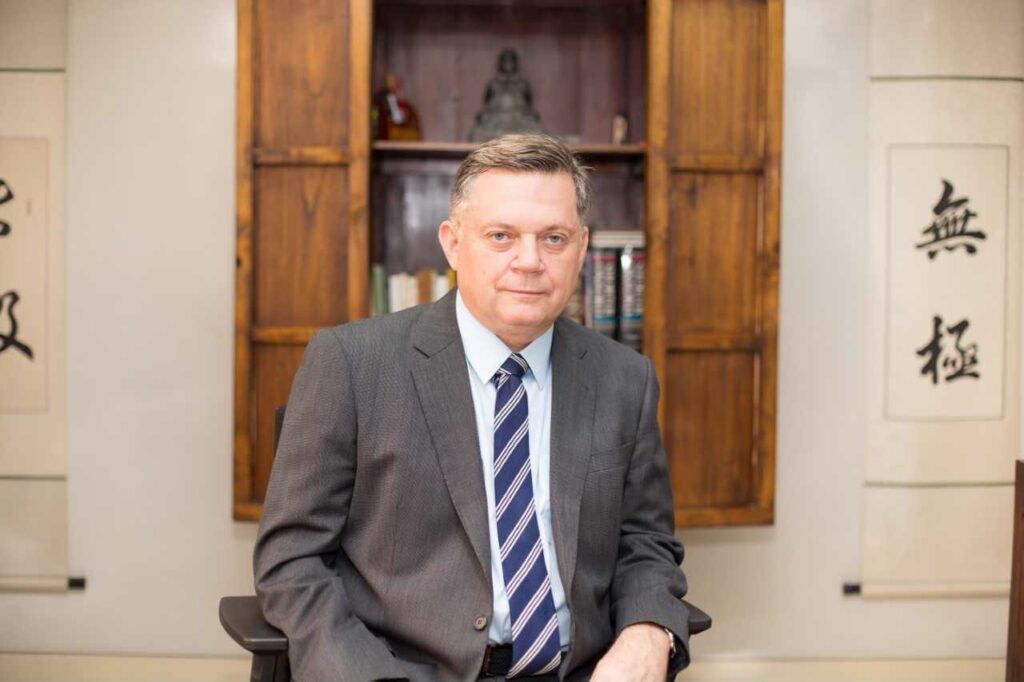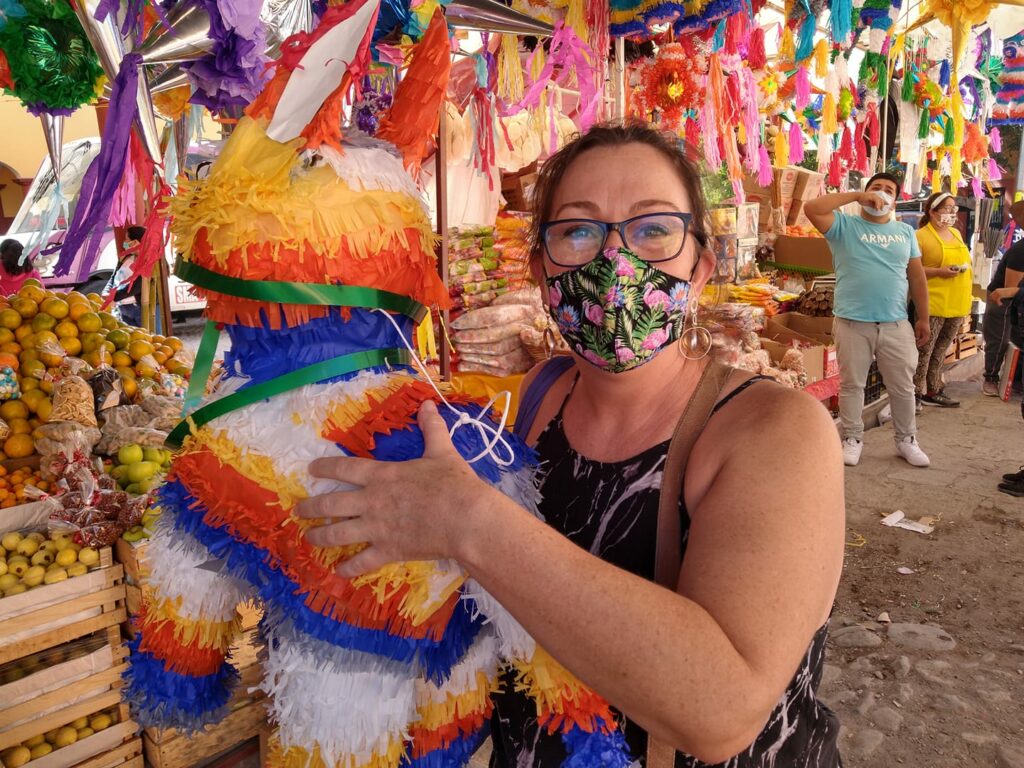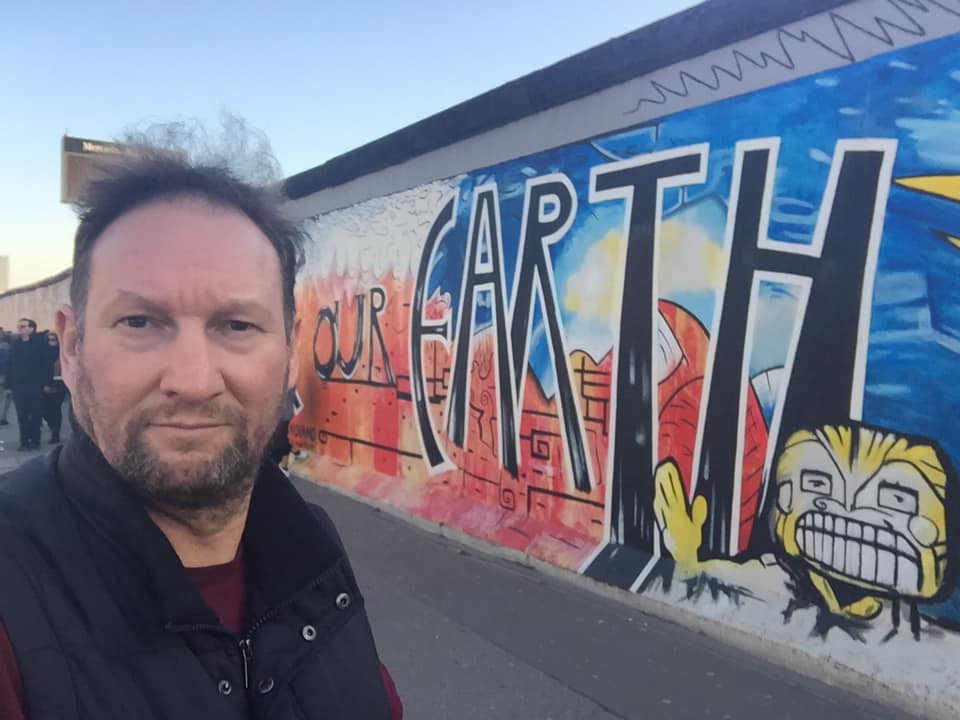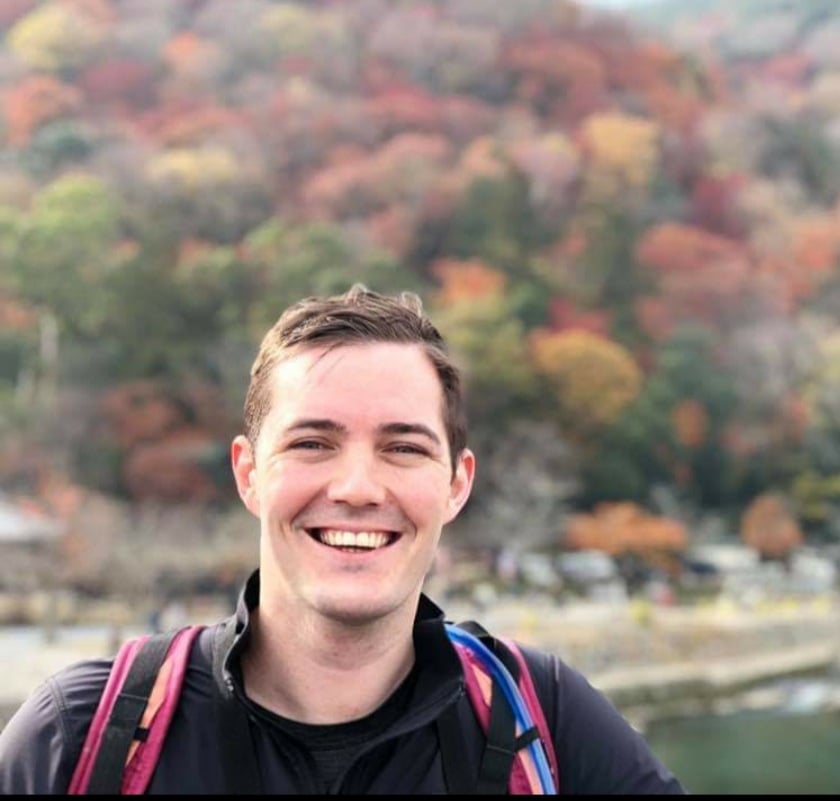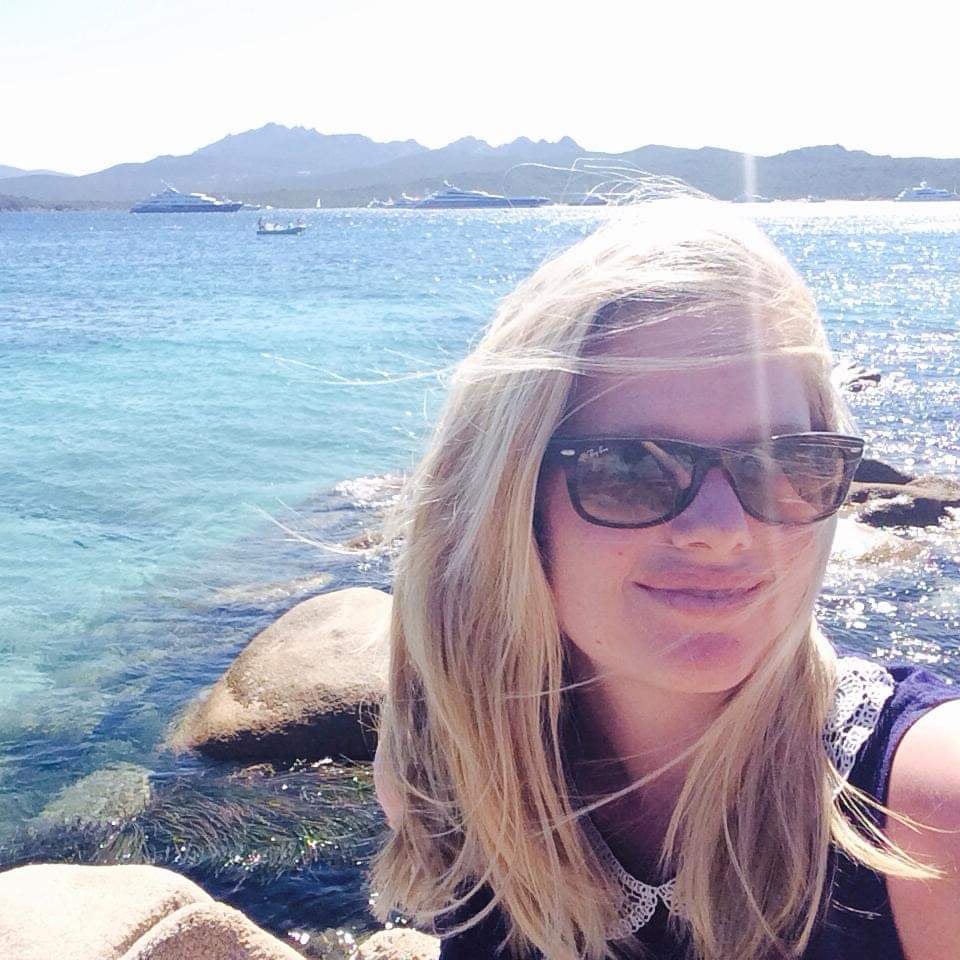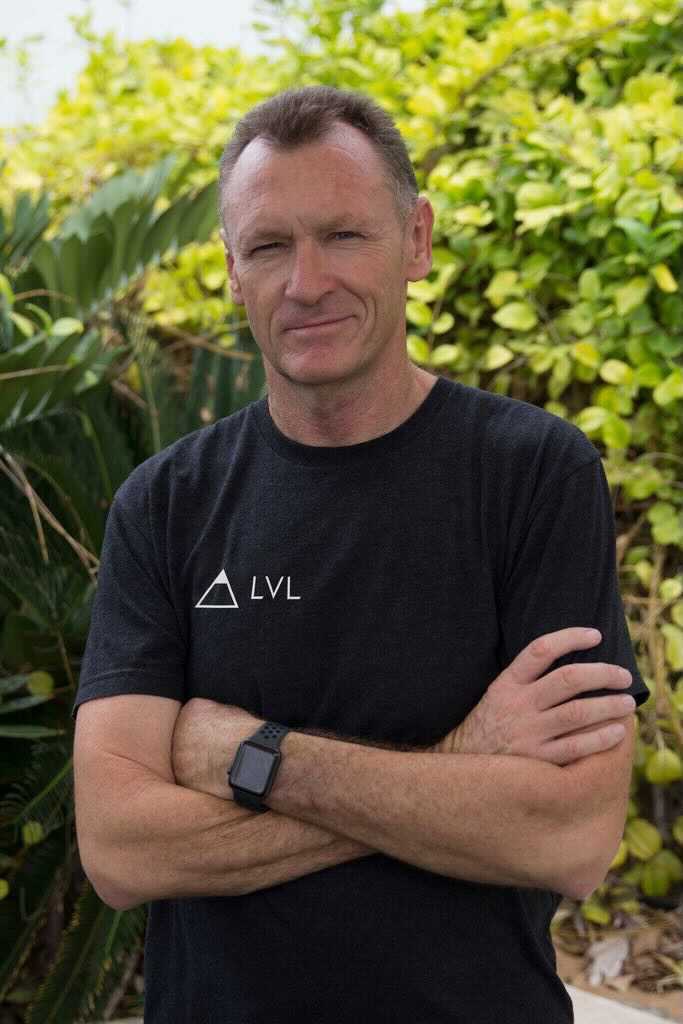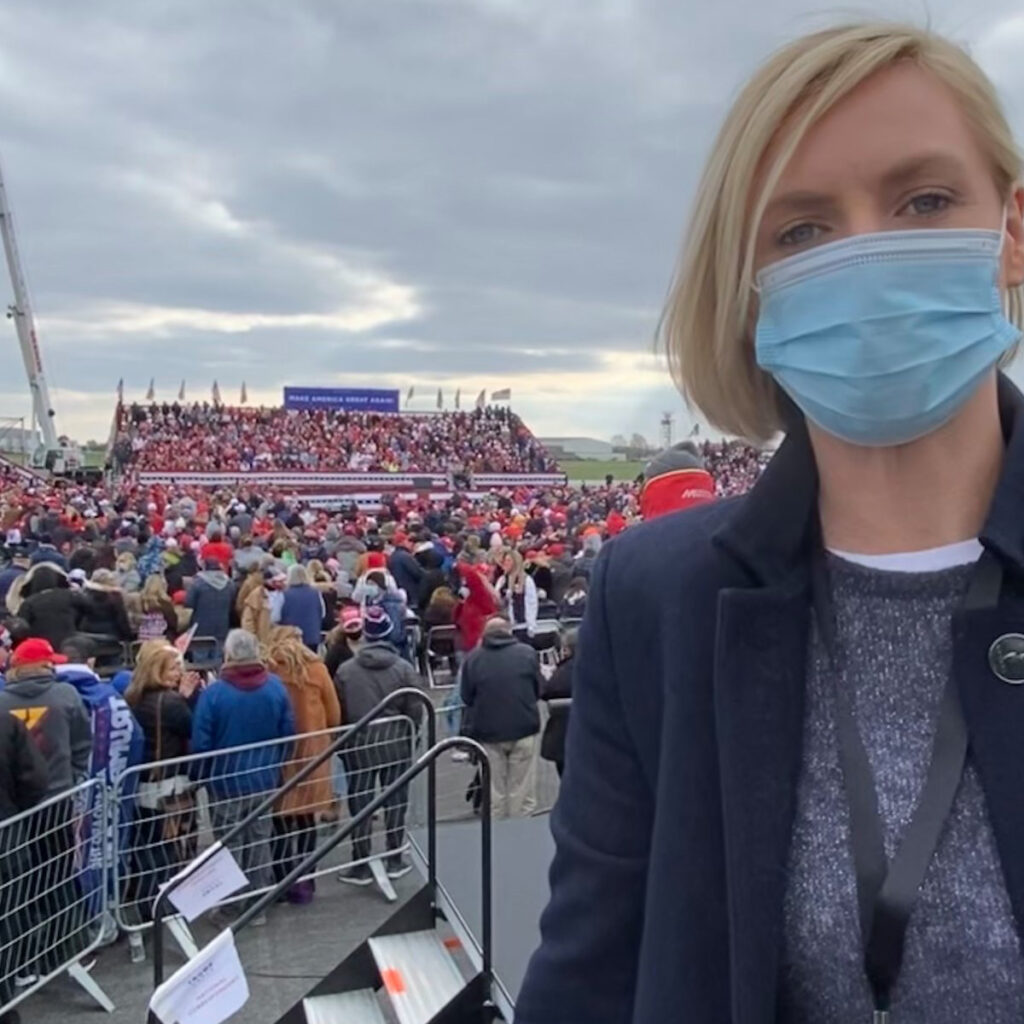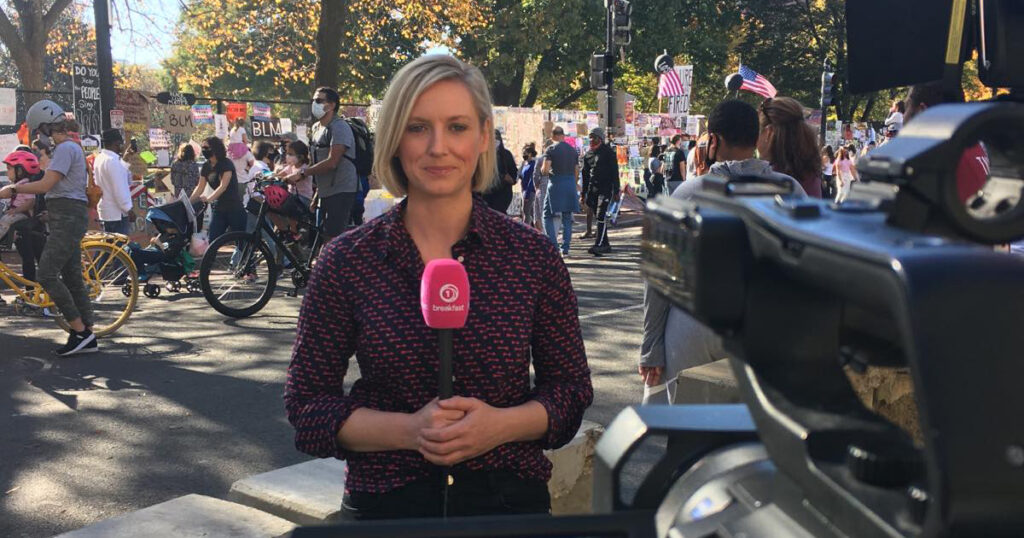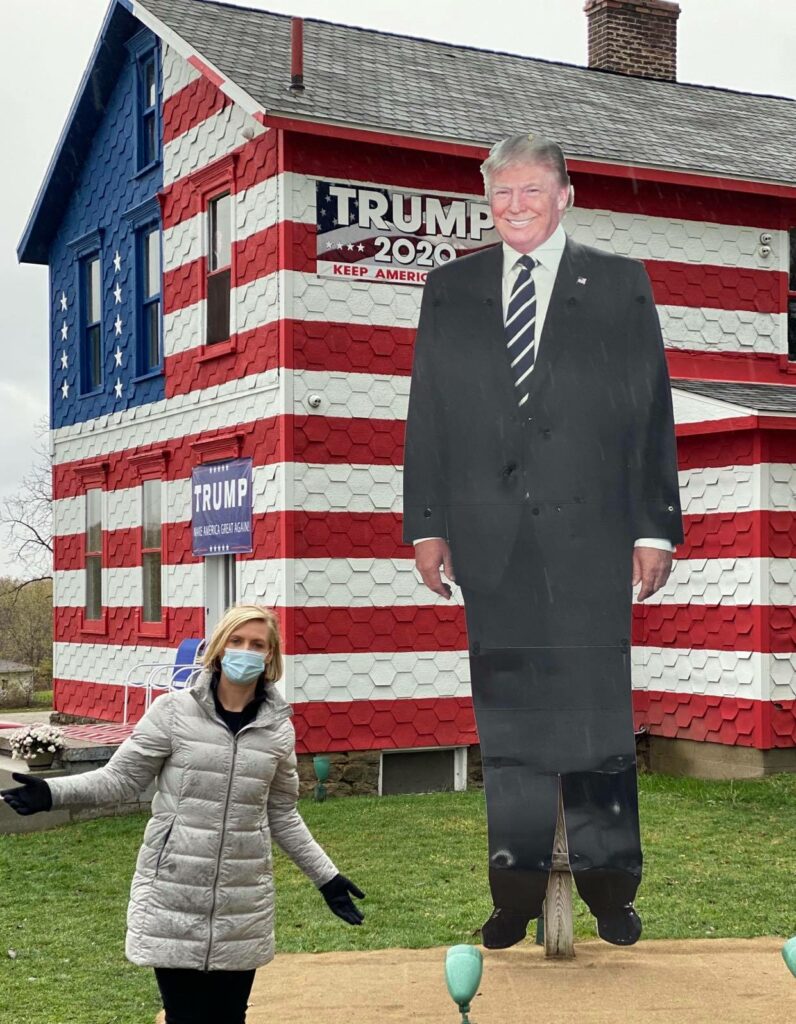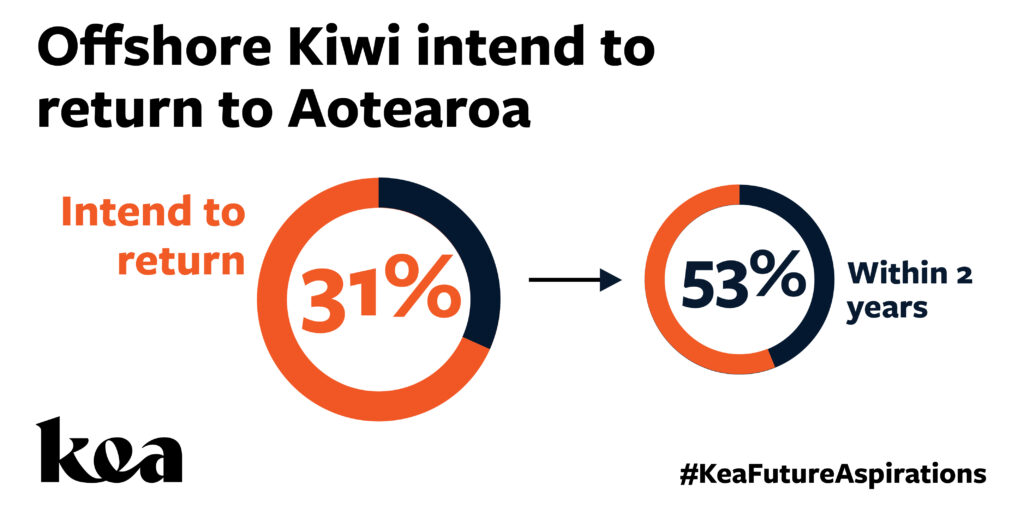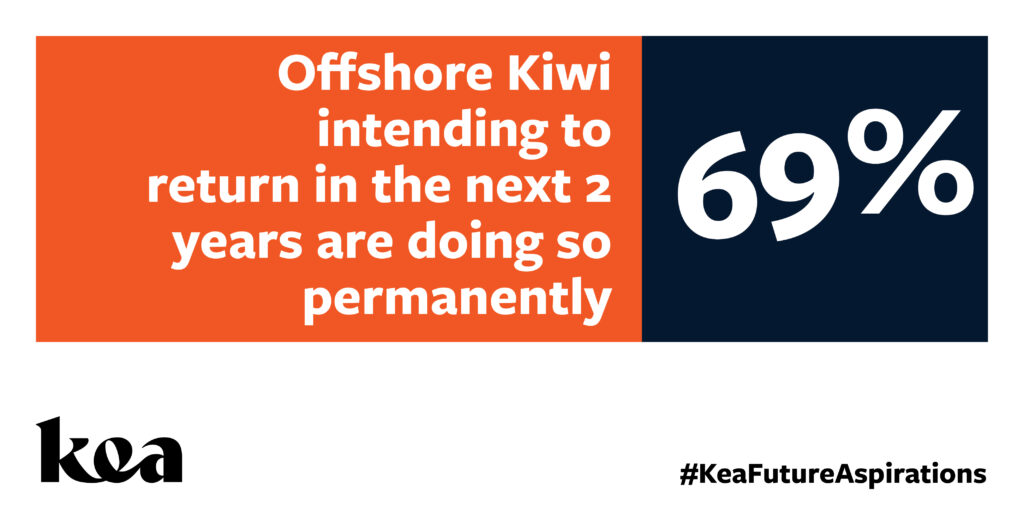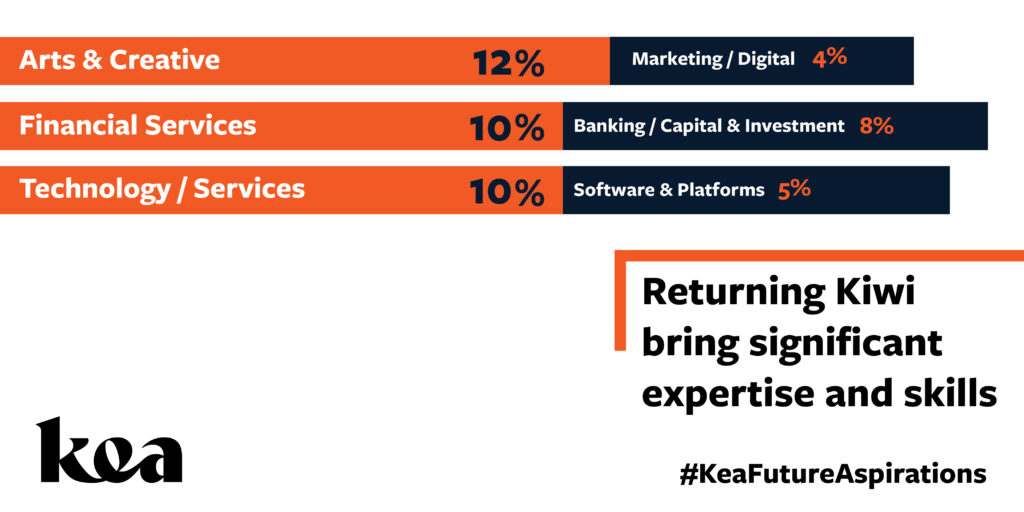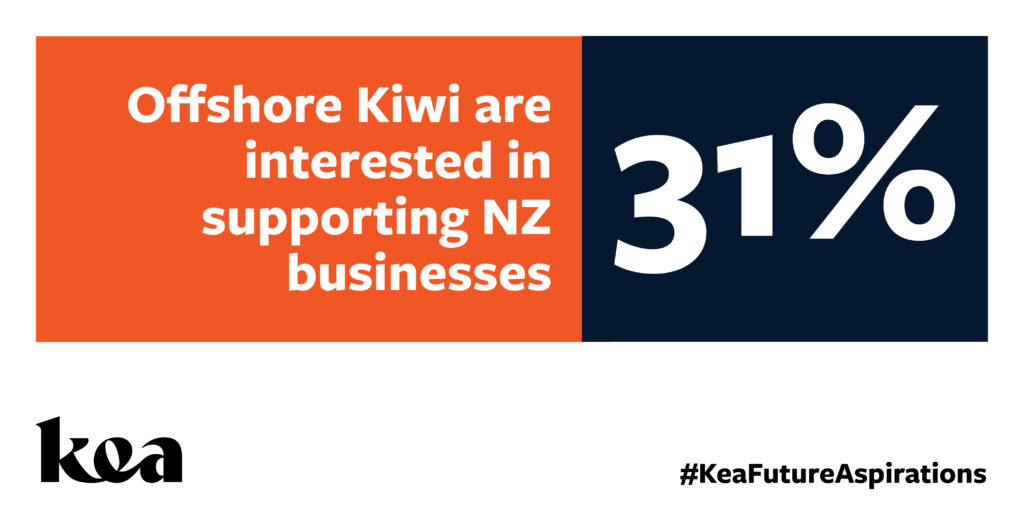Charlotte Bellis wants people to know that the Taliban of today is not the Taliban of the 90’s and that the situation in Afghanistan cannot be put into neat little boxes labeled ‘good and bad’
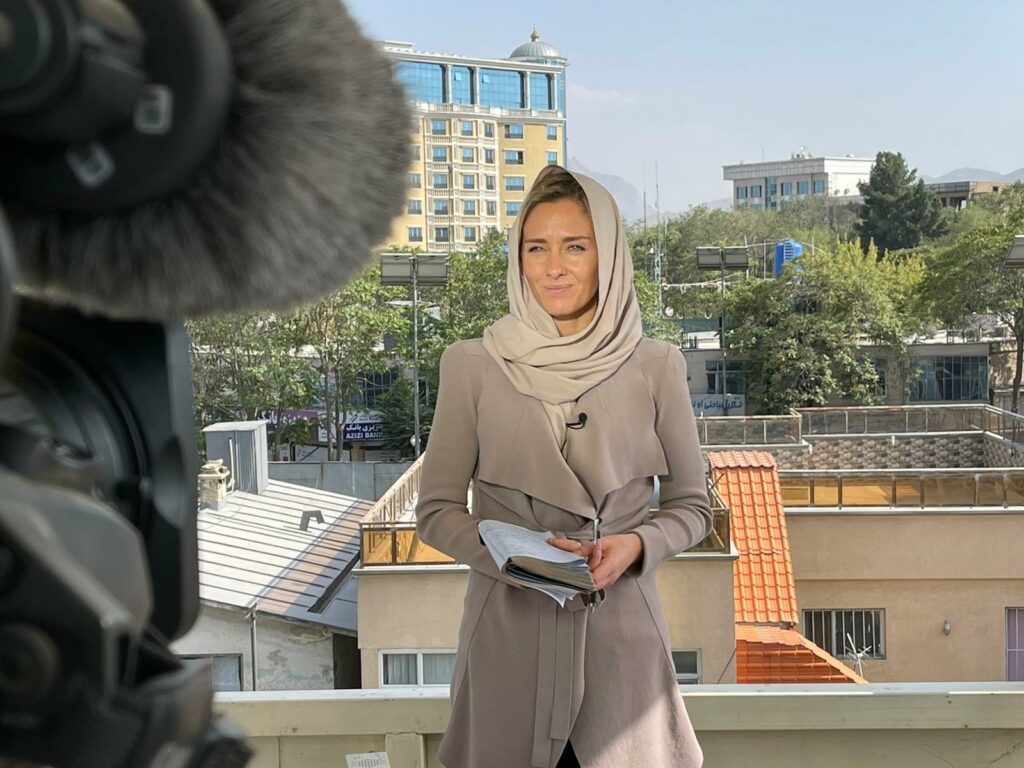
“It’s really frustrating watching western media report on the takeover, they have turned it into a very black and white affair. For 20 years the Taliban has been viewed as this terrible extremist group. I am not trying to dispute or gloss over that, they certainly have a terrible track record and the extremists among them have done some awful things, but by and large the Taliban of today is very different, the majority of the movement are under 30, and they want to see Afghanistan prosper.”
Charlotte has been on the front lines of the Afghanistan conflict for four years. It’s a role she chose for herself, pestering her bosses at global news network, Al Jazeera, to send her into the field.
“Afghanistan has always fascinated me so I pitched to go there – my boss said no. Every week I would pitch again, they said I was too young, I didn’t have the right connections, I was a woman, I just kept pushing every week, I am not sure if I wore them down or just drove them mad but eventually they said, okay go.”
That was four years ago, and since then Charlotte has been travelling back and forth to Afghanistan from Al Jazeera’s base in Qatar, connecting with the right people and reporting on all sides of the conflict. She considers herself friends with US diplomats, foreign soldiers, aid workers, Afghani nationals and Taliban fighters.
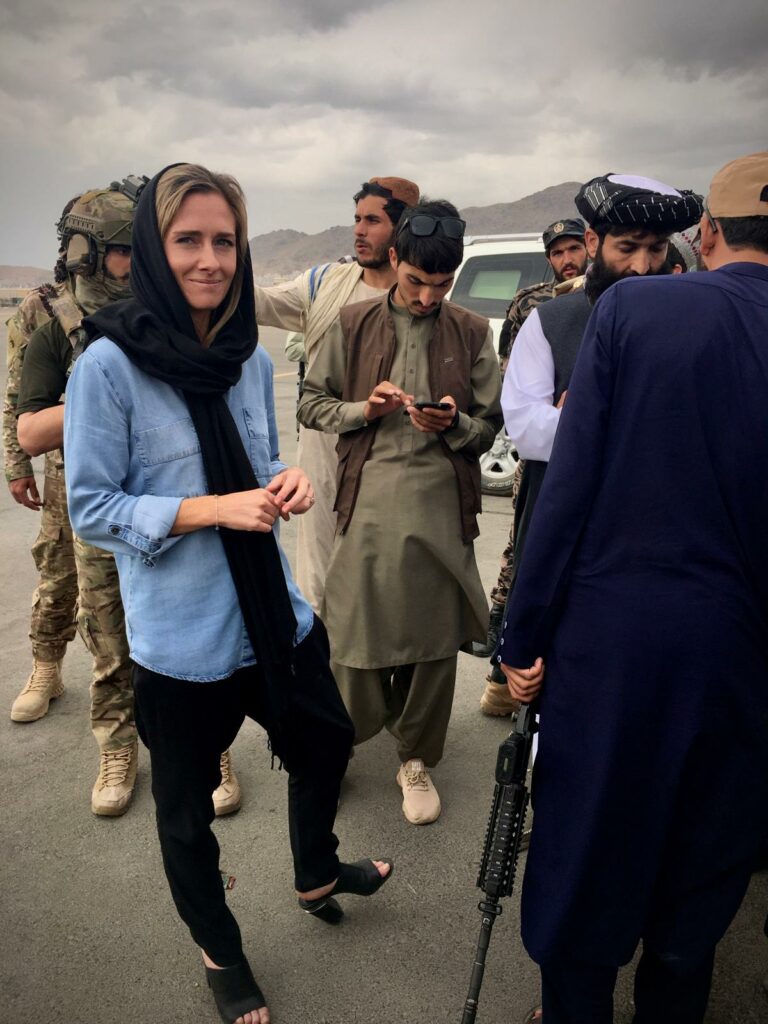
The last group on that list might cause many Kiwi’s to raise an eyebrow, but Charlotte says like any political movement the Taliban has members with a mix of conservative through to liberal viewpoints.
“Many Taliban members could easily live in a country like NZ and no one would think anything of it, sure some are very conservative and almost archaic, but there are also a lot of Taliban who are very progressive and support modern thinking. They have smartphones and apps, they take selfies and want girlfriends. In fact I give a lot of credit to smartphones and the internet for creating a more progressive Taliban, they are not this isolated group anymore, they are connected to western life and they are fascinated by it.”
Charlotte remained in Qatar during the pandemic, however peace talks between the US and Taliban took place there so she was able to continue to follow developments closely. Her sources had told her the US would be closing Bagram Air Base on July 4th, which turned out to be true and from then on things moved very fast.
“I was finally able to get back to Kabul in Mid July, the speed at which things happened took everyone by surprise. I even had people within the Taliban saying to me they were shocked with what was happening and couldn’t believe the way things were playing out.”
“At the time you are just doing your job and you are immersed in the story but when I look back there were a number of key moments in history that my team and I were there for. “
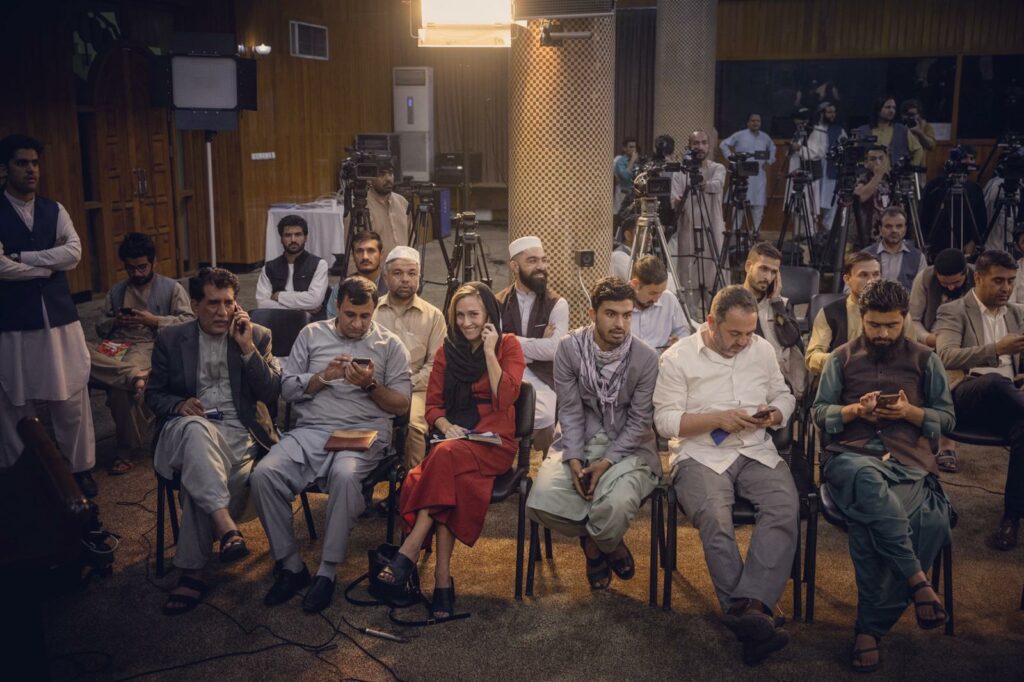
One of the key moments was the Taliban’s first live press conference after the takeover, the one that saw a blonde Kiwi female reporter get to the heart of the issue and ask the Taliban about women’s rights.
“At the time I didn’t think it was symbolic or memorable, it was just a question in a presser like the one before that and the one before that. To the world this was this big huge press conference, but what the world doesn’t realise is that the Taliban have been doing interviews with foreign media for a few years. Later I realised how it was interpreted and I am proud that my team and I were there on that world stage asking those important questions.”
And while Charlotte’s face and question was being beamed across the world, what did her Christchurch based parents think about their daughter being in a war zone?
“As the takeover unfolded I made a point to stay really connected with family and friends back in NZ and other parts of the world, I would say this is happening but don’t worry I am here, or there will be attacks at the airport today but I am down at this gate and I am safe, I made sure I gave them updates on security alerts. They have no issues with me being over here, they realise I am doing something I love.”
With the Taliban in power Charlotte says the next five years will be pivotal for Afghanistan but she is hopeful that progress can be made.
“Right now Afghanistan is facing a humanitarian crisis, the Taliban Government needs funding but no one is ready to trust them or give it to them, no one wants to give them money and then see them commit atrocities or cut off women’s rights. The Taliban leaders have to start having pivotal conversations around human rights, international aid, funding and trade and I think there are people within the movement who are open to those conversations.”
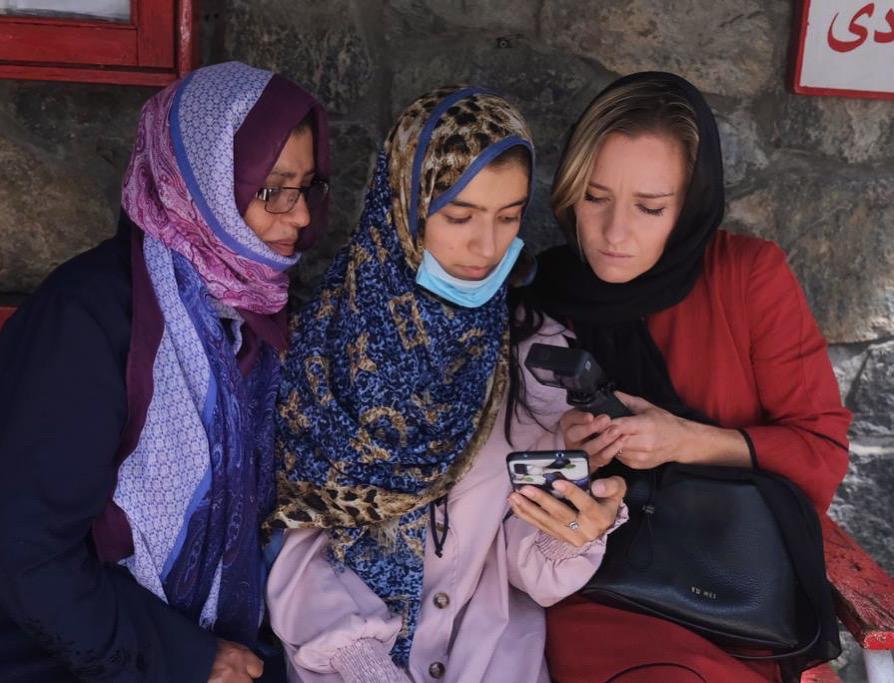
But the uncertainty of the future doesn’t put her off keeping viewers connected to the unfolding situation.
“I love Afghanistan because it has the most powerful and interesting history. The majority of people here are caught up in something they didn’t ask for and they are paying dearly for it. Afghanistan is an incredibly beautiful country full of these beautiful hospitable people who all have these incredibly compelling stories. It’s impossible to find someone who doesn’t want to invite you in, let you sit on their floor, make you tea, they open their lives to you and they expect nothing in return. I feel so privileged to have these interactions, I’ve cried listening to people from all walks of life and all sides of the conflict tell me their stories. People here truly don’t understand how their lives have played out the way they have. They are just like us, they want the same thing Kiwis want – to be happy, to see their kids grow up and to provide for their families.”

 MENU
MENU

